♀️ The Trailblazing Women of Wall Street
Women have long shaped Wall Street—even when history tried to write them out.


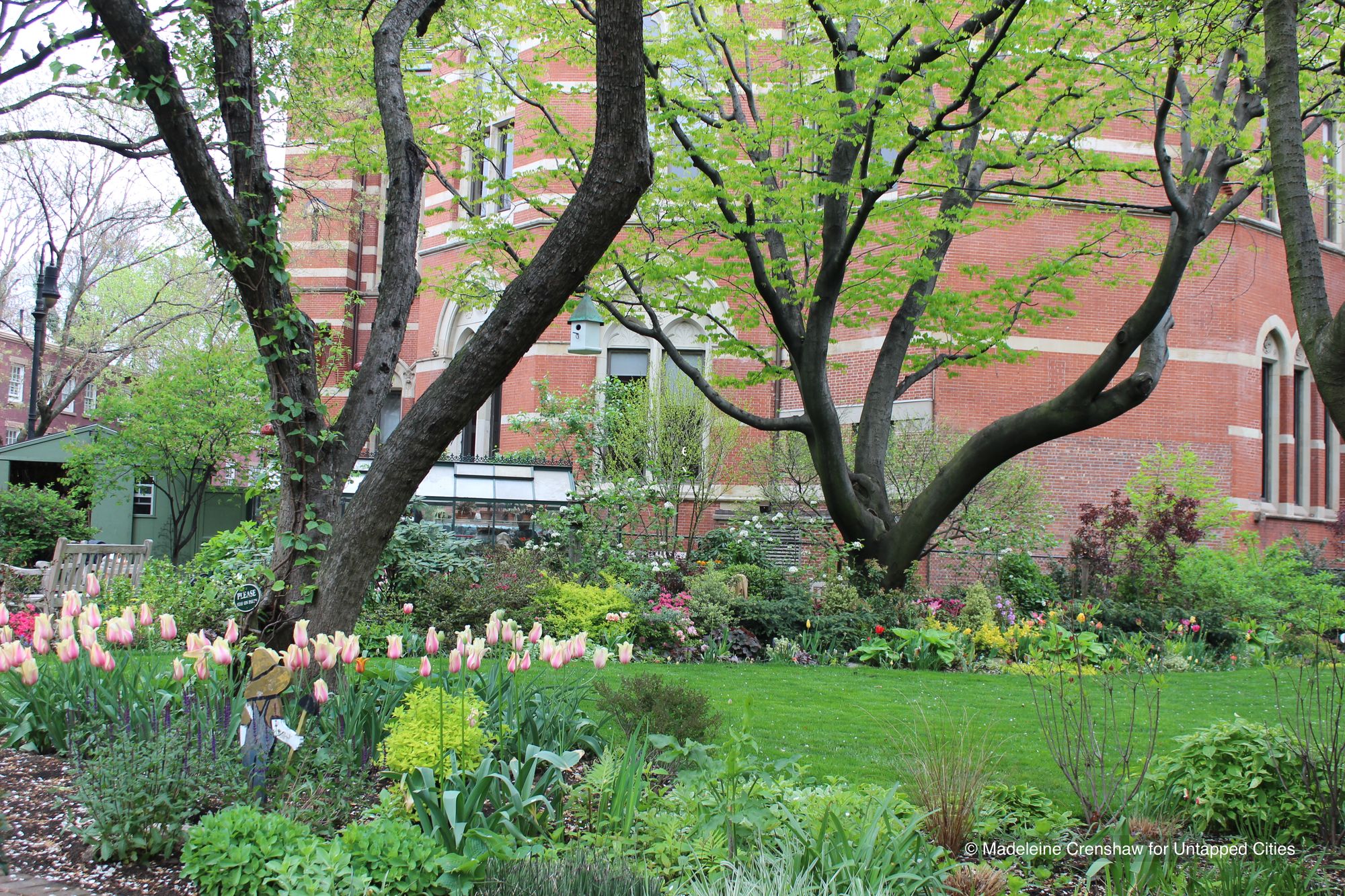
Andy Warhol was not only one of the most iconic artists of the 20th century, but an equally iconic New Yorker. Although he died in 1987, the pop artist would have been celebrating his 88th birthday this year on August 6th. In honor of his birthday, here are 10 spots to visit in honor of Warhol.
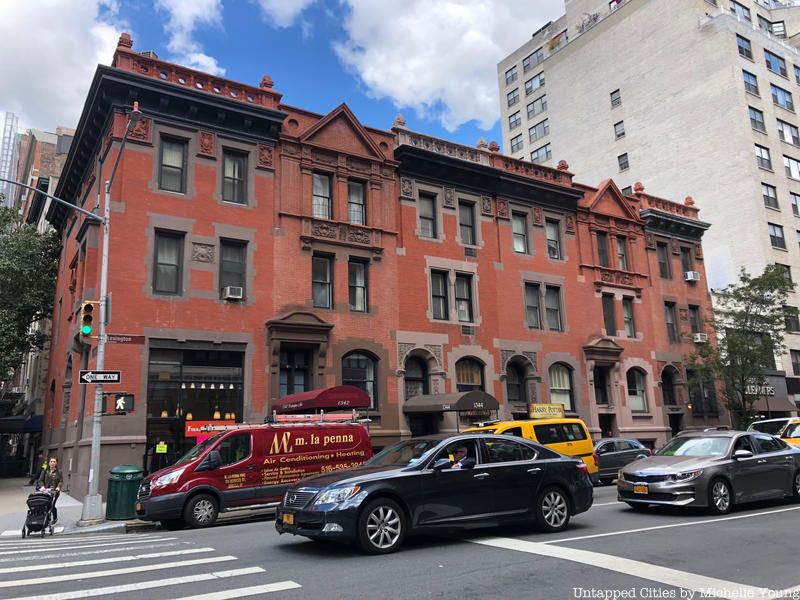
In 1959, Andy Warhol purchased his first building, an 1889 row house at 1342 Lexington Avenue where he lived with his mother and their cats. The pop artist created some of his most popular works in this townhouse, including his Campbell’s Soup series. He lived there until 1974. According to Zillow, the late pop artist’s home sold for $5.5 million in 2013.
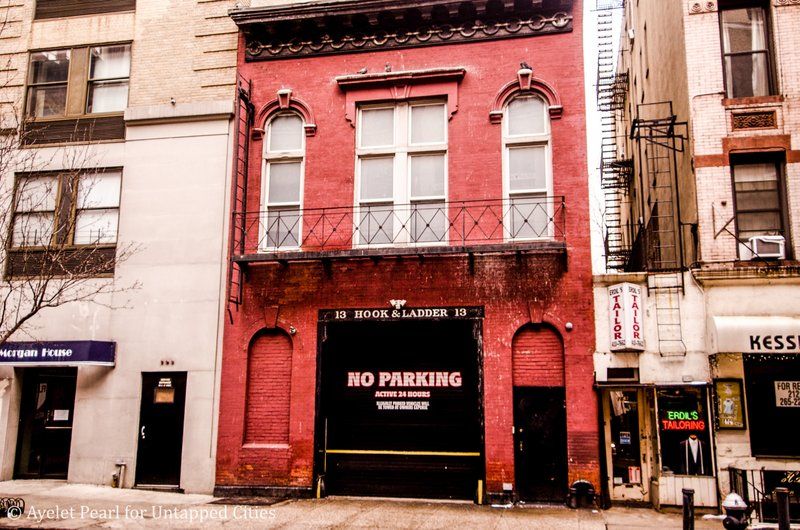
In 1962, Andy Warhol rented the Hook and Ladder Company 13 firehouse at 158 East 87th Street for $150 a month. He used the second floor of the firehouse as a studio, where he created some of his earliest works such as his acclaimed Death and Disaster series. According to The Real Deal, the firehouse is currently on the market for $9.975 million.
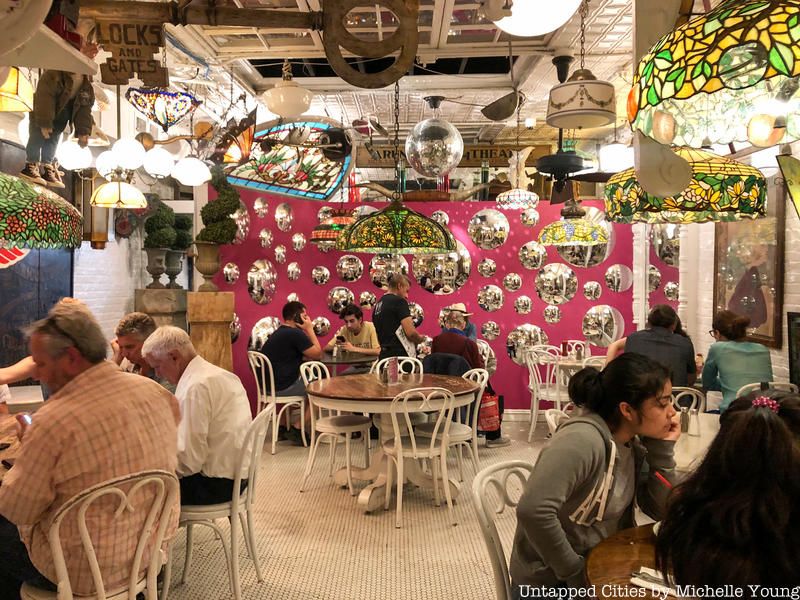
During his pre-fame, Serendipity 3 at 255 East 60th Street was one of Andy Warhol’s favorite spots. According to Serendipity 3, Warhol would pay his bill in drawings instead of cash. Known as New York’s first coffee boutique, Serendipity 3 has been open since 1954, and continues to specialize in sweet concoctions and bites.
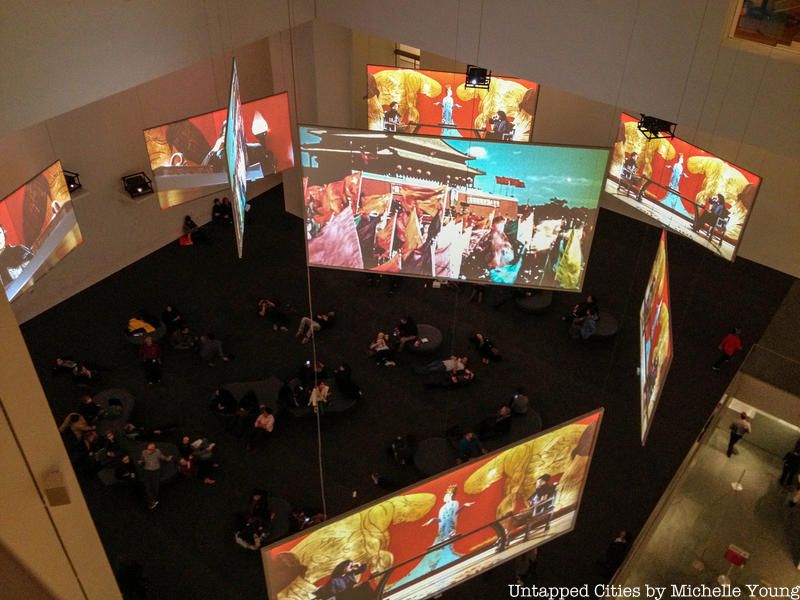
The Museum of Modern Art has five works of the late pop artist in their permanent collection, along with paintings from other pop artists such as Roy Lichtenstein. According to WNYC, Warhol had his first group show at the MoMA, and the museum has a collection of his films, as well.
Warhol would often be seen with his entourage at this star-studded night club. In fact, he even celebrated his 51st birthday at Studio 54, where is was supposedly gifted a trash can full of cash from owner Steve Rubell. Unfortunately the club closed down in 1986, but is now a theater called the Roundabout Theatre Company. Studio 54 was also where celebrity photographer Patrick McMullan got his start, documenting stars with an Olympus XA that Andy Warhol had sent him.
Warhol moved to his studio to a new location at 231 East 47th Street in 1964 and called it the Factory. Inspired by photographer Billy Name’s apartment which he lined with aluminum foil and silver paint, Warhol commissioned Name to turn his space into a silver wonderland. Known as the Silver Factory, the fifth floor studio was a breeding ground for creativity, madness, and art for the rich and talented minds of the 1960s. The Factory had several locations during Warhol’s life, including the 6th floor of the Decker Building at 33 Union Square West, 860 Broadway, which is now a PetCo, and 22 East 33rd Street.
Located next to two of Andy Warhol’s later Factory spots, Max’s Kansas City was one of Warhol’s most frequented places. The nightclub, which had a couple locations, was also a favorite to several artists and musicians such as David Bowie, Patti Smith and Robert Mapplethorpe. Warhol and his entourage would often be spotted in the back room of the club, while The Velvet Underground, a band in which he managed, would play. Although now a fast food cafe called Fraiche Maxx, the space holds history in being one of most notable places in the New York creative scene.

Not only was the Jefferson Market Garden in Greenwich Village a place where Warhol sought inspiration towards the end of his life, but it was also where his attempted assassin was held in prison. Before 1975, the garden was the location of the New York Women’s House of Detention. In 1968 Valerie Solanas, a feminist writer who thought Warhol was conspiring to steal her script, decided to shoot the artist. On June 4, 1968, she purchased a gun, went to Andy’s Silver Factory and attempted to kill Warhol. She shot three times, and even though only one bullet hit Warhol, he suffered from the injuries until his death. She turned herself in and was held in the prison that is now a charming garden.
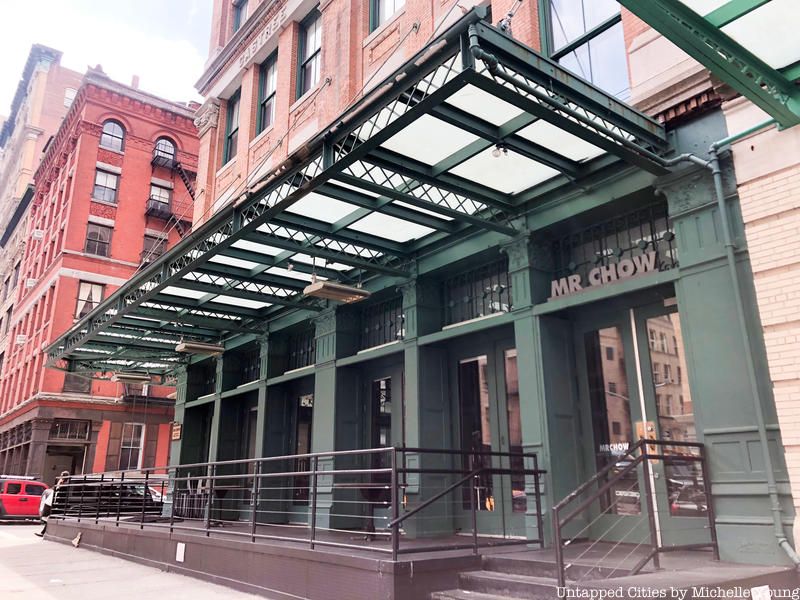
Mr. Chow in Tribeca was one of Warhol’s favorite spots to eat. The upscale Chinese restaurant was a popular destination for celebrations after gallery openings for emerging artists Warhol mentored, such as Jean Michel Basquiat. The restaurant has a no menu policy and you can spot several works of art by artists, including a Warhol silkscreen of Mr. Chow himself.
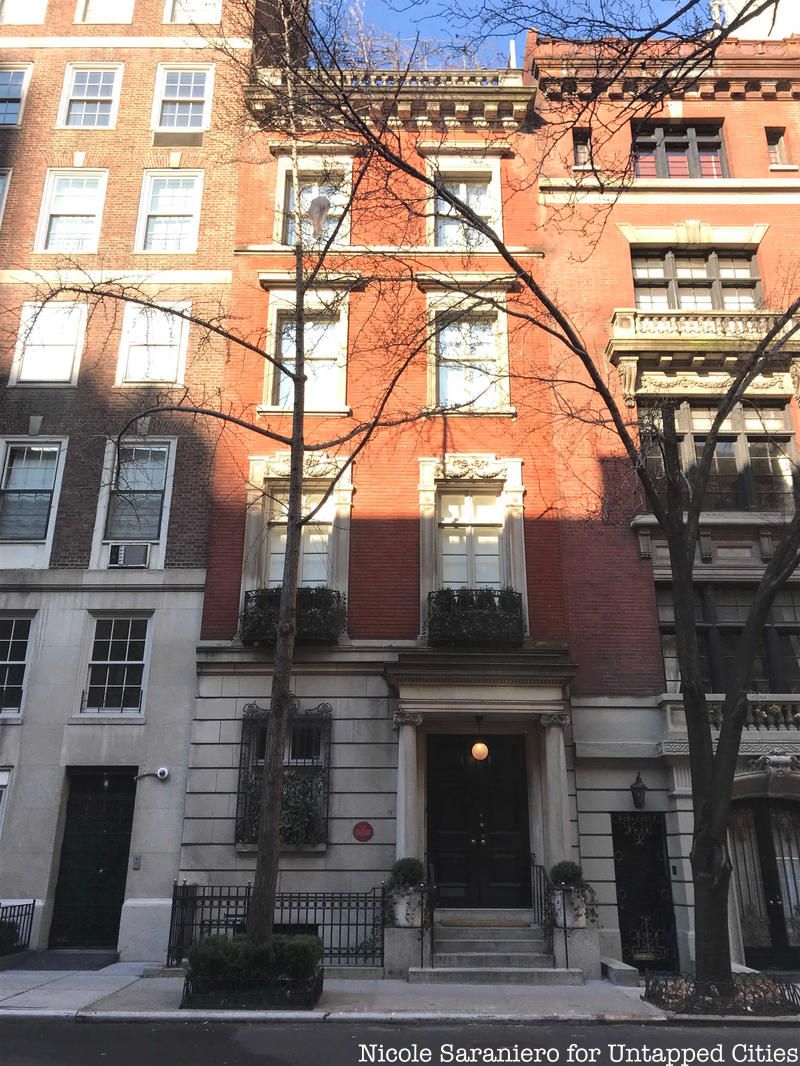
Warhol bought the Upper East Side townhouse at 57 East 66th Street in 1974 and lived there with his boyfriend Jed Johnson until his death. According to Curbed, after Warhol passed away, executors found a secret trap door in the master bedroom. Since then the 1910 townhouse has also been the home of MTV President Tom Freston and was last listed on the market in 2008 for $35 million.
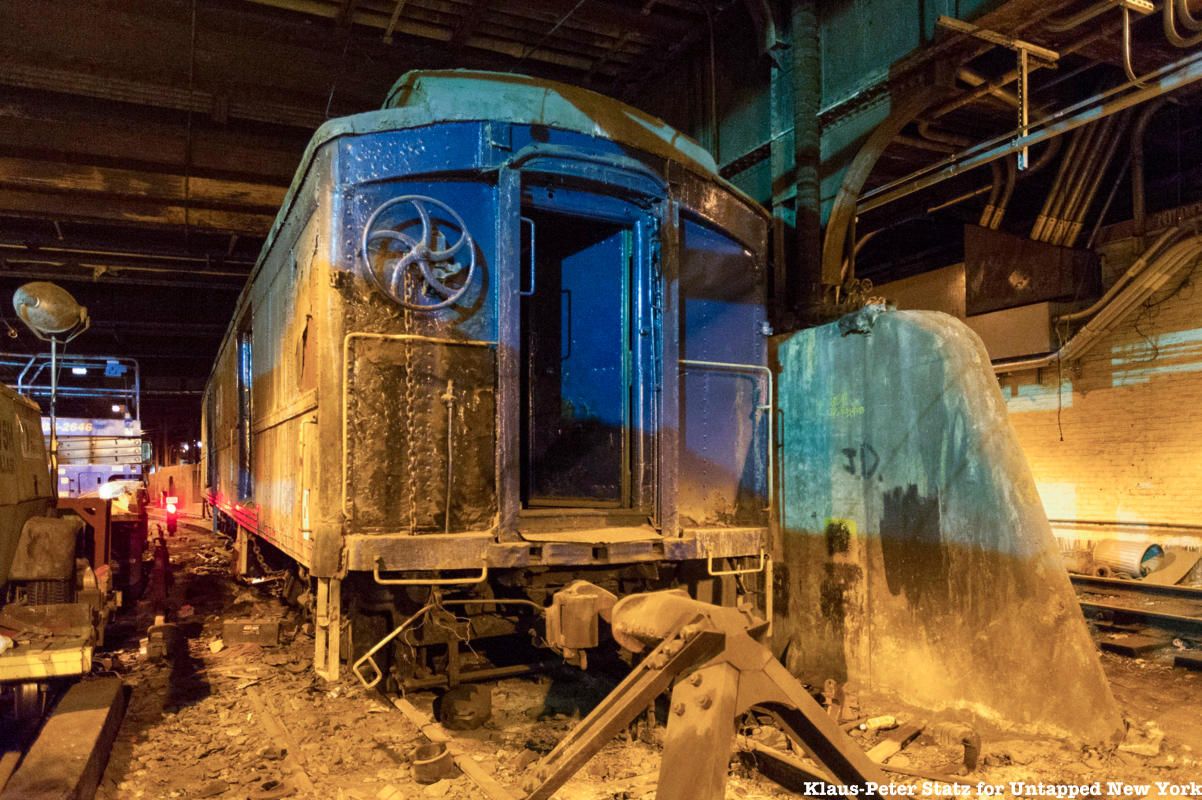
As recounted in the book Grand Central: The World’s Greates Railway Terminal by William D. Middleton, in 1965 Warhol threw an “underground party” on the platform of the FDR track, also known as Track 61 of Grand Central Terminal. The secret platform was used by only a select few people, including President Franklin Rosevelt and had an entrance to the Waldorf Astoria Hotel. Although the track is closed off, you still can catch a glimpse of the abandoned platform when departing Grand Central on the Metro-North. We’ll chalk the Warhol story up to urban legend, but it would have been cool, right?
Next, check out the Secret Train Platform underneath the Waldorf Astoria Hotel and Tracing the Patti Smith Trail from Tomkins Square to CBGB . Get in touch with the author @themaximalistny
Subscribe to our newsletter